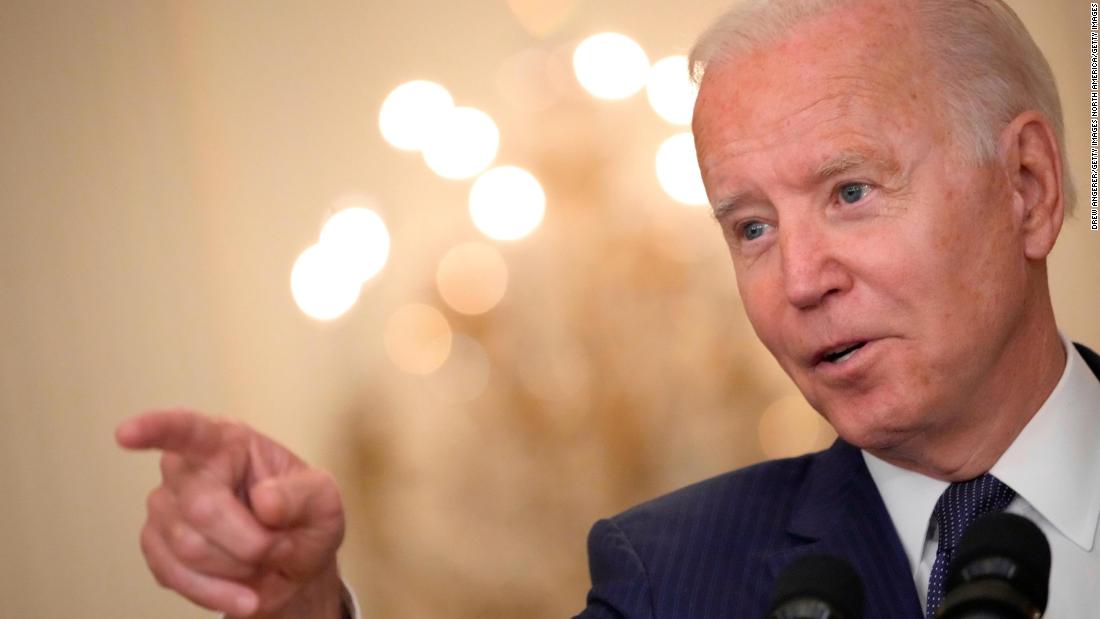
Fact check: A look at Biden's first year in false claims
CNN
When President Joe Biden passingly said in a voting rights speech last week that he had been "arrested" in the context of the civil rights movement -- even suggesting this had happened more than once -- it was a classic Biden false claim: an anecdote about his past for which there is no evidence, prompted by a decision to ad-lib rather than stick to a prepared text, resulting in easily avoidable questions about his honesty.
Biden's imaginary or embellished stories about his own history were the most memorable falsehoods of his first year in office. They were not, however, the only ones.
The President also made multiple false claims about important policy matters, notably including three subjects that occupied much of his time: the US withdrawal from Afghanistan, the economy and the Covid-19 pandemic.

Federal regulators repeatedly granted appeals to remove Camp Mystic’s buildings from their 100-year flood map, loosening oversight as the camp operated and expanded in a dangerous flood plain in the years before rushing waters swept away children and counselors, a review by The Associated Press found.

Two of the most senior figures in the US government — Secretary of State Marco Rubio and the White House chief of staff — have been impersonated in recent weeks using artificial intelligence — a tactic that harnesses a rapidly developing technology that cybersecurity experts say is becoming the “new normal” in terms of cheap and easy scams targeting senior US officials.

 Run 3 Space | Play Space Running Game
Run 3 Space | Play Space Running Game Traffic Jam 3D | Online Racing Game
Traffic Jam 3D | Online Racing Game Duck Hunt | Play Old Classic Game
Duck Hunt | Play Old Classic Game









